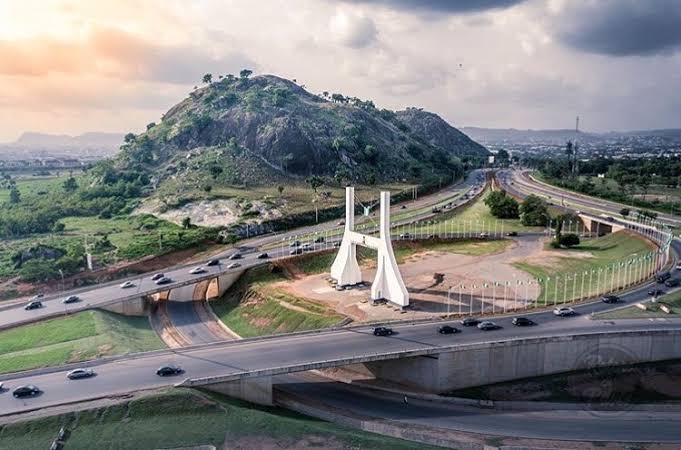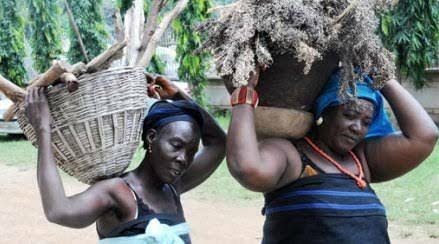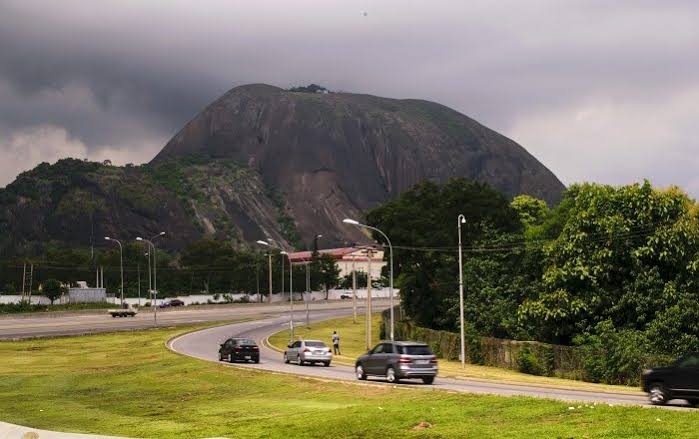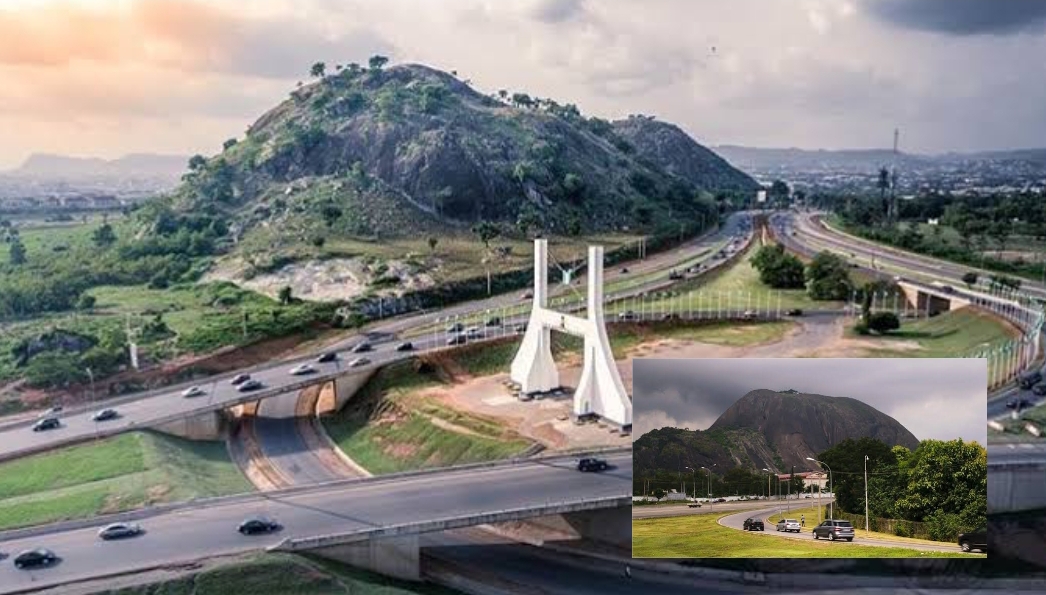The Federal Capital Territory (FCT), Abuja is the capital city of Nigeria and is located in the center of the country. It was created in 1991 as part of the government’s plan to move the capital city from Lagos to a more central location. The FCT is a cosmopolitan city that is home to various tribes and ethnic groups from across Nigeria. It is also an important political and economic center, hosting the headquarters of many government agencies and international organizations. The FCT is known for its numerous tourist attractions, including Aso Rock, Zuma Rock, and the Abuja National Mosque. In this article, we will explore some interesting facts about the Federal Capital Territory (FCT), Abuja, including its history, culture, economy, and tourist attractions.
Fascinating Facts About The Federal Capital Territory (FCT), Abuja

Creation Of Abuja
The Federal Capital Territory (FCT), Abuja was created on December 12, 1991, by the military government of General Ibrahim Babangida. The creation of the FCT was part of the government’s plan to move the capital city from Lagos to a more central location in Nigeria.
Meaning Of Abuja
The state is named after its capital city, Abuja, which was derived from the Hausa word “Abuja” which means “the people’s king”. The name was given by the founder of the city, Shehu Shagari, who was the President of Nigeria at the time of the city’s creation.
Abuja Slogan
The slogan of the Federal Capital Territory (FCT), Abuja is “Centre of Unity”. The slogan was adopted to reflect the city’s role as the capital of Nigeria and its importance as a center for national unity and development.

Abuja Border
The Federal Capital Territory (FCT), Abuja is bordered by the states of Niger to the west, Kaduna to the north, Nasarawa to the east, and Kogi to the south. The FCT is located in the center of Nigeria and is surrounded by other states in the North Central geopolitical zone.
Geopolitical Region Of Abuja
The Federal Capital Territory (FCT), Abuja is located in the North Central geopolitical region of Nigeria. The North Central region is one of the six geopolitical zones in Nigeria and comprises of six states including the FCT. The region is known for its diverse culture, agriculture, and mineral resources. The FCT is the only state in Nigeria that is not part of any of the six geopolitical zones but is instead administered directly by the federal government.

Local Government Areas In Abuja
The Federal Capital Territory (FCT), Abuja has six (6) local government areas. These local government areas are Abaji, Abuja Municipal, Bwari, Gwagwalada, Kuje, and Kwali. Each of these local government areas is headed by a chairman who is elected democratically.
Senatorial Districts Abuja
The Federal Capital Territory (FCT), Abuja has only one senatorial district. The district is represented by one senator in the Nigerian Senate.

Main Religion In Abuja
The main religion in the Federal Capital Territory (FCT), Abuja is mostly Islam and Christianity. The city is home to several mosques, churches, and other religious institutions. Islam is the predominant religion in the northern part of the city while Christianity is more common in the southern part.
Abuja Landmass
The Federal Capital Territory (FCT), Abuja is located in the center of Nigeria and covers a landmass of approximately 7,315 km². Despite being a relatively small state, the FCT is one of the most important states in Nigeria due to its status as the capital city.
Abuja Population
According to the National Population Commission, the population of the Federal Capital Territory (FCT), Abuja was estimated to be 2,482,000 as of 2021. This makes the FCT the eighth most populous state in Nigeria. The population of the FCT has been growing rapidly in recent years due to its status as the political and economic center of Nigeria.

Tribes / Ethnic Group In Abuja
The Federal Capital Territory (FCT), Abuja is a cosmopolitan city with various tribes and ethnic groups from across Nigeria residing in it. However, the indigenous ethnic group is the Gbagyi people. The Gbagyi people are known for their rich cultural heritage, which includes music, dance, and festivals.

Tourist Attractions In Abuja
The Federal Capital Territory (FCT), Abuja is home to several tourist attractions that draw visitors from all over Nigeria and beyond. One of the most popular attractions is the Abuja National Mosque, which is one of the largest mosques in Nigeria. Another popular attraction is Aso Rock, which is a large rock formation that is visible from many parts of the city. Zuma Rock, which is located just outside the city, is another popular attraction that is known for its unique shape and cultural significance. Millennium Park is a large public park that is popular with tourists and locals alike, while the Nigerian National Mosque is another important religious site that is worth visiting.

Higher Institutions In Abuja
The Federal Capital Territory (FCT), Abuja is home to several higher institutions of learning that offer a wide range of courses and programs. The University of Abuja is the largest and most prestigious university in the FCT, offering undergraduate and postgraduate degrees in a variety of fields. Baze University is another popular university in the city, offering courses in business, law, and engineering. The Nile University of Nigeria is a relatively new university that is quickly gaining a reputation for excellence in science and technology. The Nigerian Law School, Abuja Campus, is another important institution that provides legal education and training to students from all over Nigeria.
